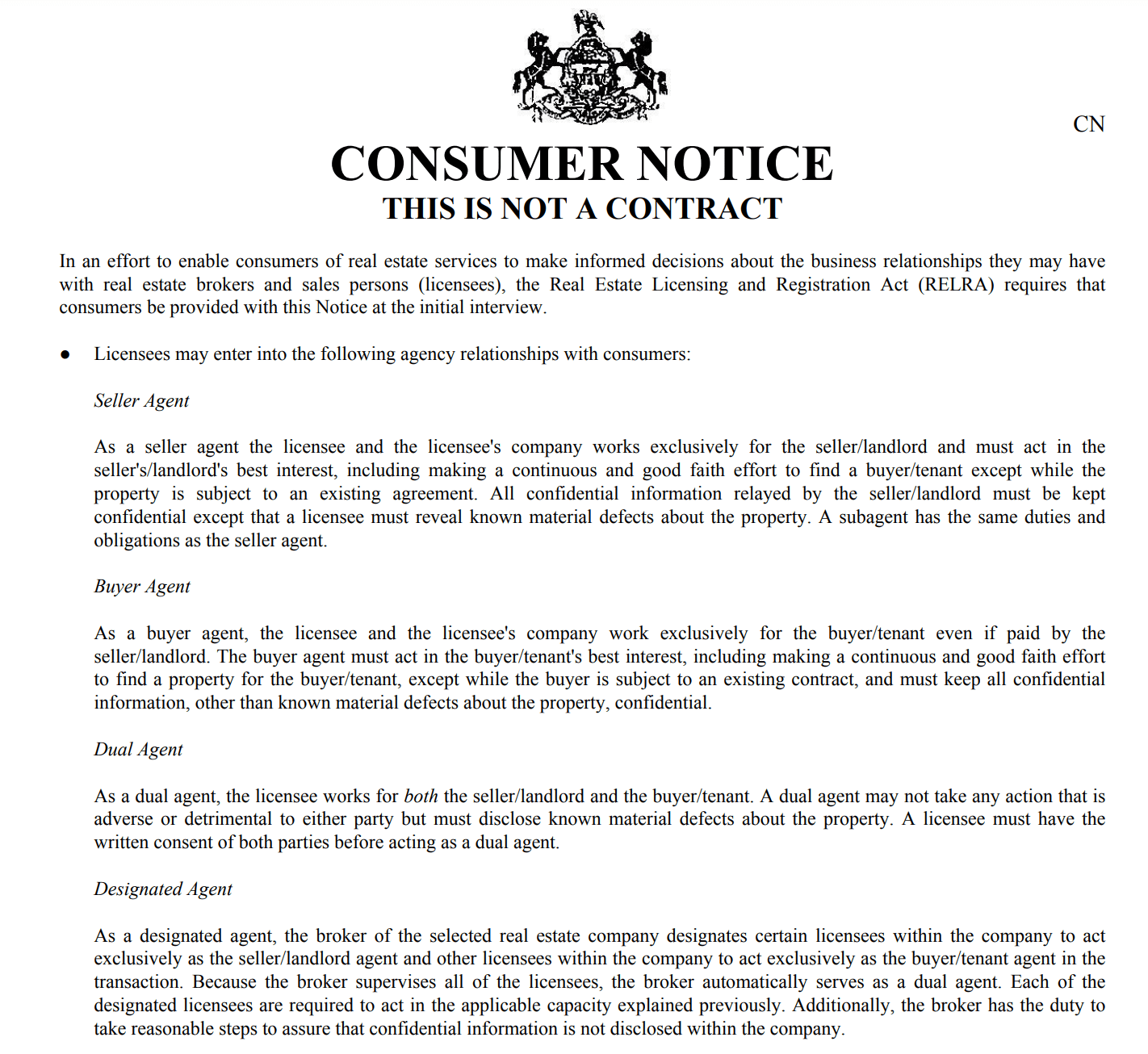In most real estate transactions, there is usually a buyer’s agent and a seller’s agent. But in some cases, you’ll run into real estate agents operating as a dual agency. In cases like this, the real estate agent can work as both a listing agent and a buyer’s agent in the same real estate transaction.
Is it a good idea to work with a dual agent? Let’s take a closer look at the advantages and disadvantages.
What is Dual Agency?
When you’re buying or selling a home, you want to make sure that you’re working with an agent who has your best interests at heart. That’s why it can be so important to know if your agent is working on behalf of the buyer or seller in any given transaction.
This is where a dual agency comes in. Dual agency occurs when a real estate agent works on behalf of both the home buyer and seller. In most real estate transactions, it is much more common to have separate agents represent each party, as this helps avoid the conflict of interest that can happen when an agent negotiates for both sides.
One of the first things your agent will present you with is a document called a “Consumer Notice”. This contract goes into detail about the different types of representation offered and how they relate to dual agency.
The Consumer Notice is required by law and must be signed by both you and your agent before working together to buy or sell a home. It outlines the roles that both parties play during the transaction, as well as their responsibilities during certain stages of the process.
Advantages of Dual Agency
When buying a home, you may be attracted to the ease of a dual agency arrangement. With only one agent involved in the deal, you may be able to streamline communications between yourself and the seller. Although there are some obvious benefits for the buyer, there are also
benefits to the seller.
The agent does not have any obligation to disclose confidential information or access privileged information from their representation of one party; This allows them to provide better service to their client by being able to discuss concerns with both parties without first having obtained consent from either party; Dual agency allows agents more flexibility when negotiating on behalf of their clients, as they do not feel obligated to favor one side over another; It eliminates potential conflicts of interest that may arise when representing both sides of a transaction; Dual agency ensures that all parties involved will receive equal attention and care during negotiations;
Advantages of working with a dual agent:
- They are able to provide expert advice and guidance on both sides of the transaction because they have access to all of the information they need
- They can help you find the right home faster by knowing what’s on the market and how to get in touch with sellers
- They can help you negotiate with sellers by having more power when dealing with multiple offers or seller demands
- Helps avoid conflicts altogether because the agent’s loyalty is vested in both parties’ needs being met
Disadvantages to Dual Agency
Dual agency has become more common in recent years due to increased demand for quick sales. Many homeowners want to get out of their homes as quickly as possible, so they are more likely to agree to a dual-agency relationship. However, there are some disadvantages of this practice that should be considered before entering into one.
The main problem with a dual agency contract is that it can lead to conflicts of interest. When working as an agent on both sides of a transaction, there’s always a possibility that information will be shared between buyers and sellers which could lead to trouble down the road if misused or misunderstood by either party.
When it comes to dual agency in real estate, there are many factors to consider. You want to make sure your agent is someone you can trust with one of your biggest transactions, so it’s important to do your research and
pick an agent who will advocate for your needs.
The most important thing is to remember that dual agency can be a beneficial option when handled properly. It can help you save money on commissions and avoid conflict between both parties. However, if you choose an agent who does not have experience with dual agency or does not have the proper training, it could end up costing you more money than if you had gone with another option.











